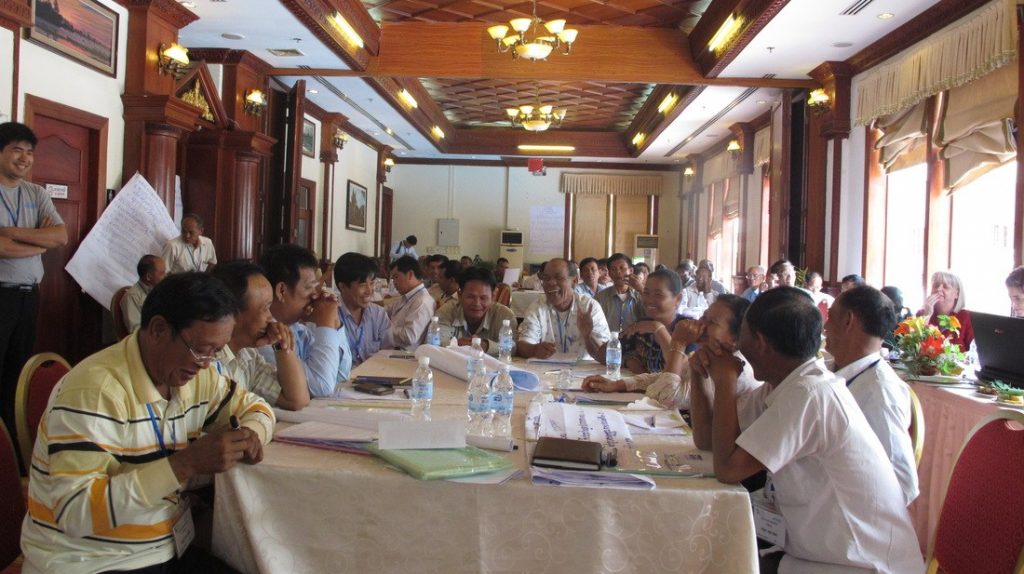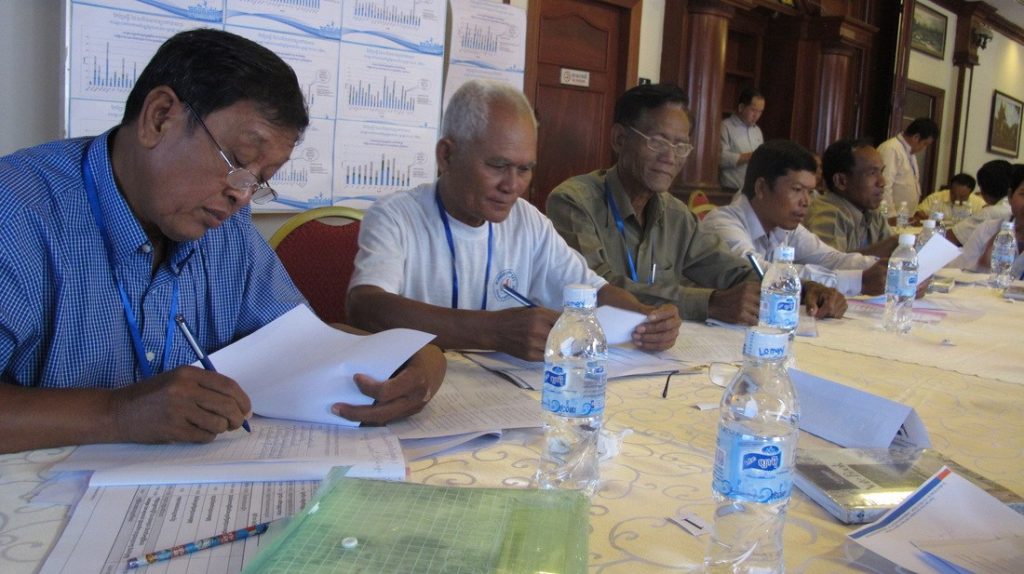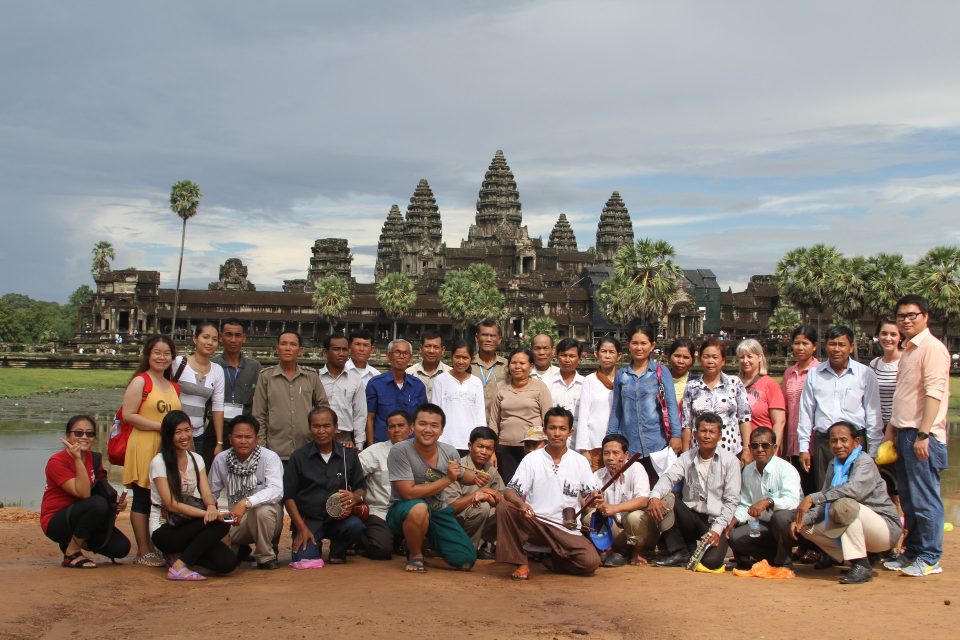The Secret Sauce of the Civic Champions Project
The Civic Champions program is a 9 month program designed to transform rural commune councilors in Cambodia into civic champions who can transform the civic reality of their environment. The initial focus was on improving sanitation by increasing the rate of toilet installation, however, the civic champion is engaged with all civic issues for example education & health. The key question is, how to transform an ordinary councilor into a Civic Champion?

By finding a way to activate their desire to be a civic champion. Our approach is to focus on activating the desire within an individual to become a Civic Champion, to make it something that is so desirable that you are willing to work like never before to achieve that status. We believe that if people want something badly enough, they will find a way to make it happen. A fine example of this is the profusion of expensive phones that can be found in ‘poor’ areas that one would never think could afford such a luxury. This is indeed a global phenomenon and one of the ironies of the world today is that there are many more phones in use than there are toilets. If people are to become Civic Champions, if they are to push themselves out of their comfort zone and challenge themselves, then it has to be worth it. How do we do this?
By awakening, engaging and driving them to be excellent. The starting condition for all outcomes is the desire to achieve that outcome. Either you want it or you don’t. Once you are clear that you want to achieve something e.g. become a civic champion or just improve health in your community, then you are concerned with finding out how you can do this. Thus, our starting requirement is to awaken people to the question ‘do you want to be a civic champion or not?’ followed by ‘how badly do you want it?’ Most people don’t want to be civic champions, so our task is to find those who will work to be a civic champion and avoid those who won’t. This is done by awakening people to the possibility of becoming a civic champion by presenting them with concept. People must then decide if they want to become a civic champion or not and this decision is what leads them to become engaged with the program.

At the engaging stage, people are challenged to grow & develop themselves and translate that enhanced capacity to achieve better results. The key point is to ensure that they feel their learning experiences are relevant to enhancing their capability. At this stage, participants are asked to meet standards of performance that require them to step out of their comfort zone and into their stretch zones. This requires them to continuously participate in the program and therefore ensures their continued engagement.
The final stage is driving. The difference between the engaging and driving stages is that in the engaging stage the participant is pushed to excel by the program whereas in the driving stage the participant is pushing themselves and others to excel. In other words, rather than being driven to succeed, they choose to drive themselves forward to be as excellent as possible. Further, their desire to achieve excellent outcomes in their chosen area e.g. sanitation, leads them to engage & drive others to improve the chosen area. Thus, the circle closes itself in that new people have been awakened to improve themselves and their community and the participant can now lead them through the engaging & driving stage.
In the end, we are defined by the challenges we set ourselves. The greater the challenge the greater our opportunity for growth; if we are to become great leaders then we must find the courage within us to go on a great learning journey, one that awakens and engages us to drive ourselves forward and achieve our dreams.


